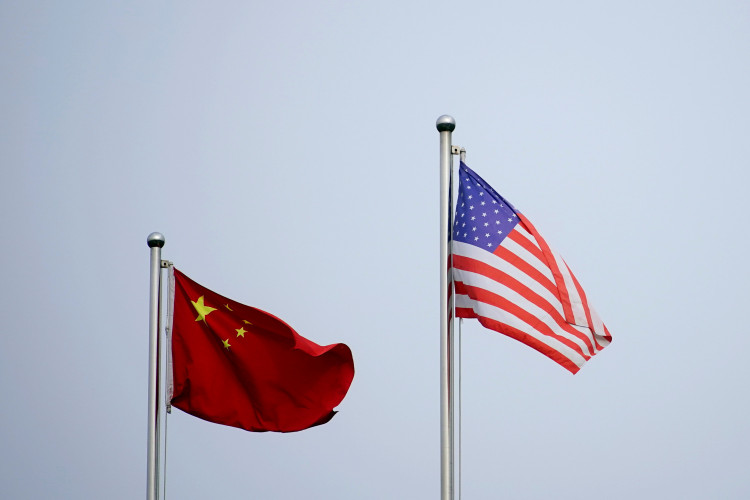The Biden administration has announced plans to significantly increase tariffs on a range of Chinese imports, a move that has elicited sharp criticism from Beijing and promises of retaliation. U.S. President Joe Biden revealed the tariff hikes on Tuesday, targeting goods such as electric vehicle batteries, computer chips, and medical products. This decision, likely to heighten tensions between the world's two largest economies, comes as Biden seeks to bolster his economic standing ahead of the upcoming presidential election.
China's Foreign Minister Wang Yi did not mince words in his response, describing the U.S. actions as a sign of weakness. "This is the most typical form of bullying in the world today! It shows that some people in the United States have reached the point of losing their minds in order to maintain their unipolar hegemony," Wang said, according to a statement published by state broadcaster CCTV. He further asserted that the U.S.'s efforts to suppress China highlighted a lack of self-confidence and order within American leadership.
The new tariffs will be phased in over the next three years, affecting various sectors. Starting this year, tariffs on imported Chinese electric vehicles will rise to 102.5%, from a total level of 27.5%. Solar cells and computer chips will see their tariffs double to 50%, while certain steel and aluminum products will face a 25% tariff. Lithium-ion EV batteries will have tariffs increased from 7.5% to 25% this year, with non-EV batteries facing similar increases by 2026. Additional tariffs will be applied to ship-to-shore cranes, critical minerals, and medical products.
Lael Brainard, director of the White House National Economic Council, emphasized that these tariffs are part of a strategy to counteract China's attempts to dominate emerging technology markets. "China is simply too big to play by its own rules," Brainard remarked. The administration aims to protect U.S. national security and economic stability by raising the costs of select Chinese goods and encouraging domestic manufacturing.
Despite the administration's stance, the tariffs are expected to have a minimal impact on inflation. Oxford Economics estimates the tariffs will increase inflation by just 0.01%. However, the symbolic nature of the tariffs underscores a broader strategic intent to curtail China's economic influence.
China's response was swift and vehement. Foreign Ministry spokesperson Wang Wenbin accused the U.S. of trampling on international economic and trade rules under the guise of competition. "It's a naked act of bullying," Wang said. He insisted that China's growth in new-energy sectors such as EVs and photovoltaics is driven by technological innovation and market competition, not government subsidies.
President Biden's announcement follows a detailed review under Section 301 of the Trade Act of 1974, which allows the government to retaliate against unfair trade practices. The tariffs, aimed at an estimated $18 billion in imports, are a clear message to Beijing as Biden navigates the complexities of international trade and domestic political pressures.
The timing of the tariff hikes, coinciding with an election year, adds a layer of political strategy. Biden faces a challenging campaign against his Republican predecessor, Donald Trump, who has also been vocal about taking a tough stance on China. Both candidates are keen to showcase their resolve in dealing with Beijing, appealing to voters who are increasingly concerned about China's growing economic and military power.
While Biden's approach involves targeted tariffs to defend key U.S. industries and workers, Trump advocates for broad tariffs on all imports from rivals and allies alike. This difference in strategy highlights the political calculations at play as both candidates seek to leverage anti-China sentiment to their advantage.
In addition to the economic implications, the new tariffs reflect deeper geopolitical tensions. Biden's administration views China's industrial strategy as a bid to dominate global markets and enhance its geopolitical leverage. Conversely, China argues that the U.S. is politicizing trade issues and undermining global trade rules established through institutions like the World Trade Organization.






